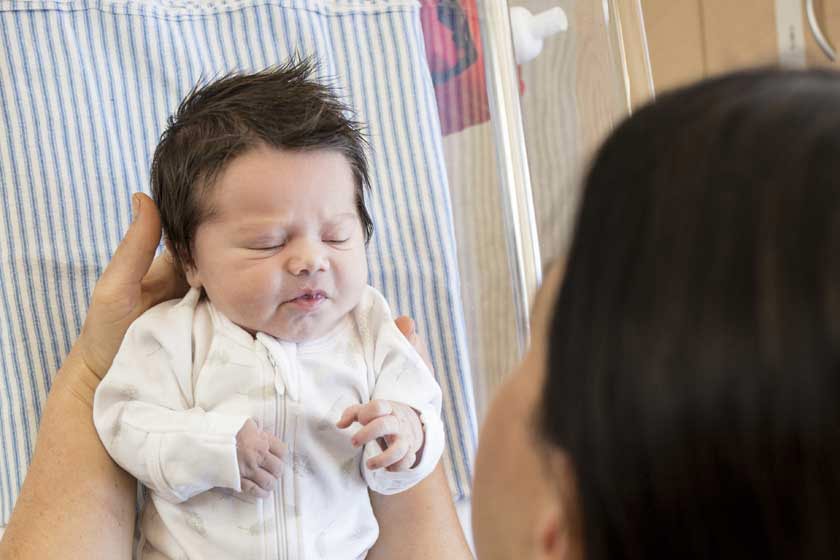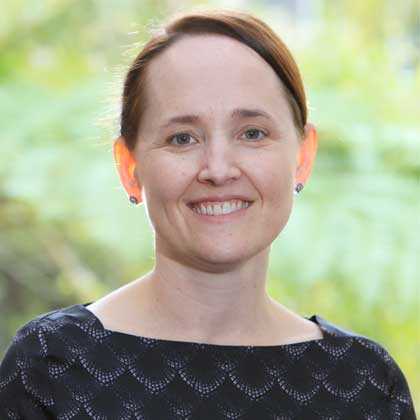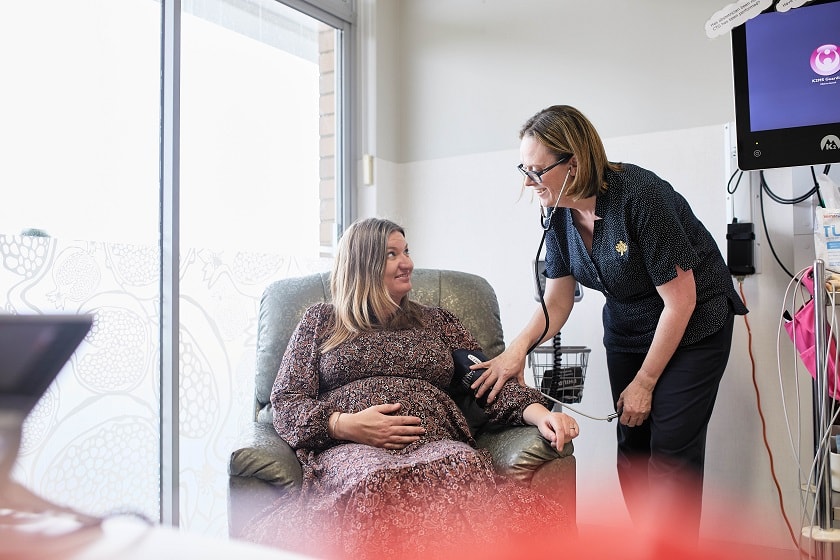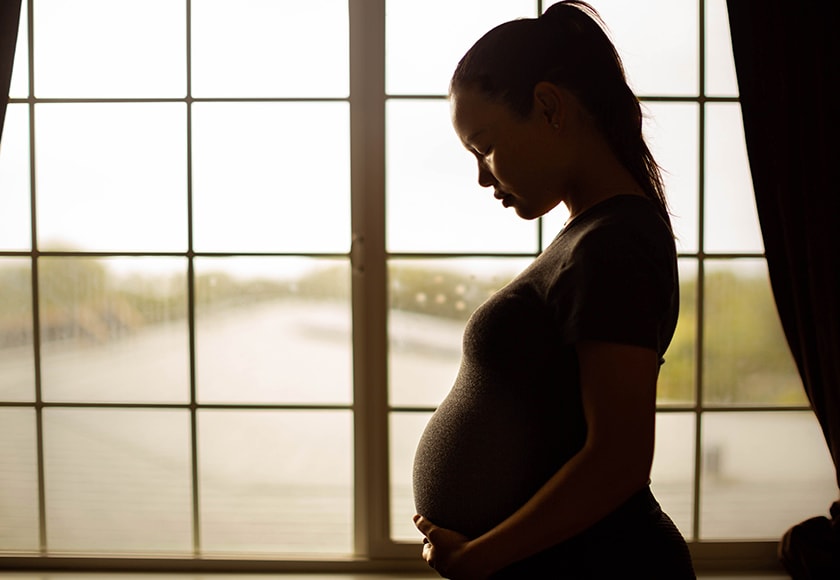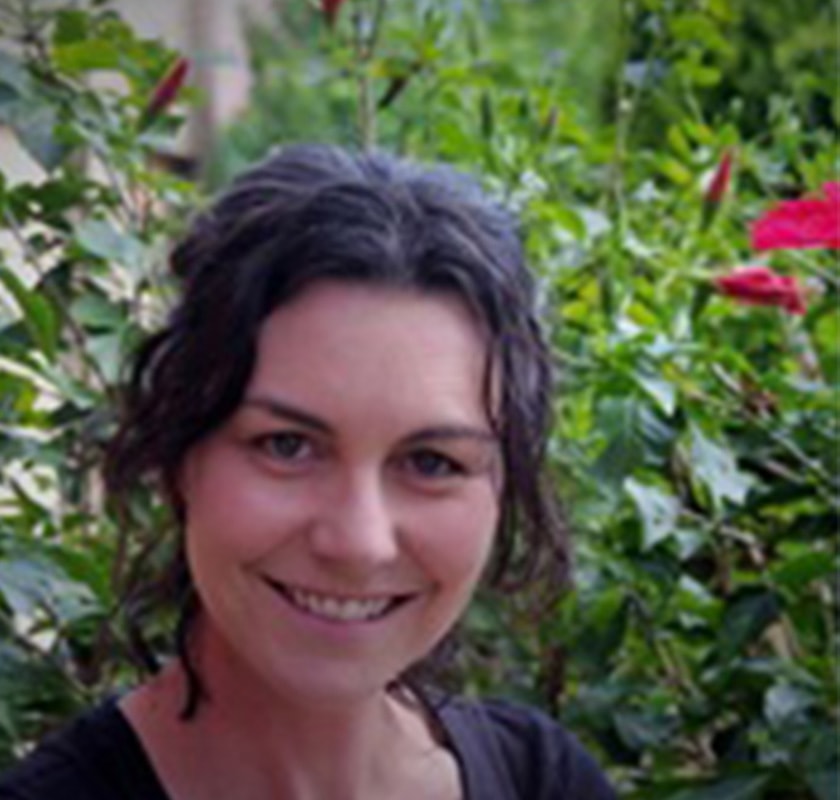Helping your baby sleep during the early weeks and months of life is a key focus for all new parents. We spoke to our Clinical Coordinator Maternity Services Zoe Islip to get the safe sleeping tips she provides to new parents.
Safe sleeping is a huge topic for all parents, whether they are caring for their first child or subsequent children.
In hospital, we provide all parents with information about how babies sleep and techniques for ensuring a safe sleeping environment
So if you are after a comprehensive guide of all the latest safe sleeping practices, we recommend all parents go to www.rednose.org.au
Safe sleeping fundamentals
Red Nose shares the six fundamentals of safe sleeping for all newborns, which we share in hospital with all parents:
- Always place baby on their back to sleep
- Keep baby’s face and head uncovered
- Keep baby smoke free, before and after birth
- Maintain a safe sleeping environment, night and day
- Sleep baby in a safe cot in parents’ or caregivers’ room for the first 6 to 12 months
- Breastfeed baby (where possible)
Babies sleep a lot
The first thing that we tell parents or parents-to-be, is that newborn babies sleep a lot (even if it doesn’t feel like it sometimes).
Newborns can sleep up to 18 to 20 hours a day at first. Although this isn’t the same for all babies. It is normal for there to be a period of time each day where your baby may feed frequently and be difficult to settle.
Awake periods increase over time
Over each week the length of their awake periods will increase and you will notice that your baby is becoming increasingly aware of their environment. Connecting with your child health nurse and local community services will ensure that parents are provided with information about changing behaviours and suitable sleep and settling techniques.
Routines don’t apply in the first few months
Routines go out the window for the first month after having a baby but gradually a pattern will emerge The key is to develop routines that allow for flexibility around feeding and ensure that parents are able to get sufficient sleep.
Not all babies sleep easily
If you have a baby who cries a lot, is hard to settle or sleeps very little you might need lots of help and support.
It does not mean you have done something wrong.
Some newborns are placid and make few demands others are more demanding and require more attention from you – they have personalities and characteristics just like everyone.
If you are finding it difficult to cope with or struggling to comfort your child, call on others for support or advice. Your local child health nurse will have names of local mothers’ groups, breastfeeding support groups, or playgroups and local resources available to you.
Talking to other parents is a big help and very reassuring.

